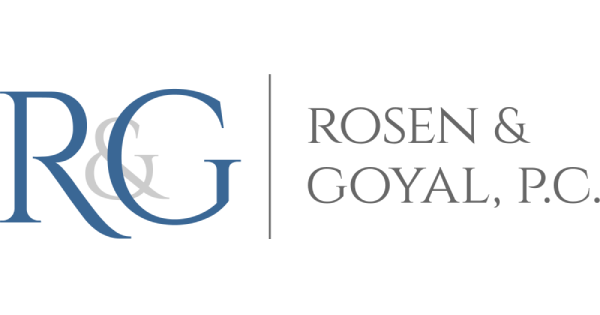State licensing boards can no longer interpret or enforce OSHA regulations to discipline dentists or other professionals, the Supreme Judicial Court ruled.
Our client was a dentist who received a surprise inspection by investigators from the Massachusetts Board of Registration in Dentistry. They cited him for 31 deficiencies in the way he ran his practice. After a hearing, the Board found no basis for 25 of those allegations but did find that the dentist had violated six regulations and suspended him for six months.
Five of the six infractions were alleged violations of federal workplace regulations under the Occupational Safety and Health Act (“OSHA”). The dental board argued that it had incorporated OSHA into its own regulations. Therefore, it was entitled to enforce federal law.
The court found the Board’s position untenable. It noted that the Board possibly interpreted OSHA regulations differently than the federal agency would have done. In fact, we argued, if federal investigators had come to the dentists’ office, they would not have found anything wrong.
The court went on to say, “The focus of our inquiry, however, does not require us to decide whether the board correctly interpreted these OSHA standards. Our point in referencing the potential misinterpretation is to show that, in invoking the OSHA standards, the board necessarily interpreted, applied, and enforced them. In doing so, the board exposed [this dentist] to the exact danger Congress sought to avoid through the act: that the State would subject workers and employers to duplicative regulation.”
The decision changes the way state licensing boards do business. It is fundamentally unfair to subject doctors, dentists, and nurses to an inconsistent set of standards. They should know in advance what they are required to do. Now, thanks to the court’s decision in Chadwick v. Board of Registration in Dentistry, they will.

